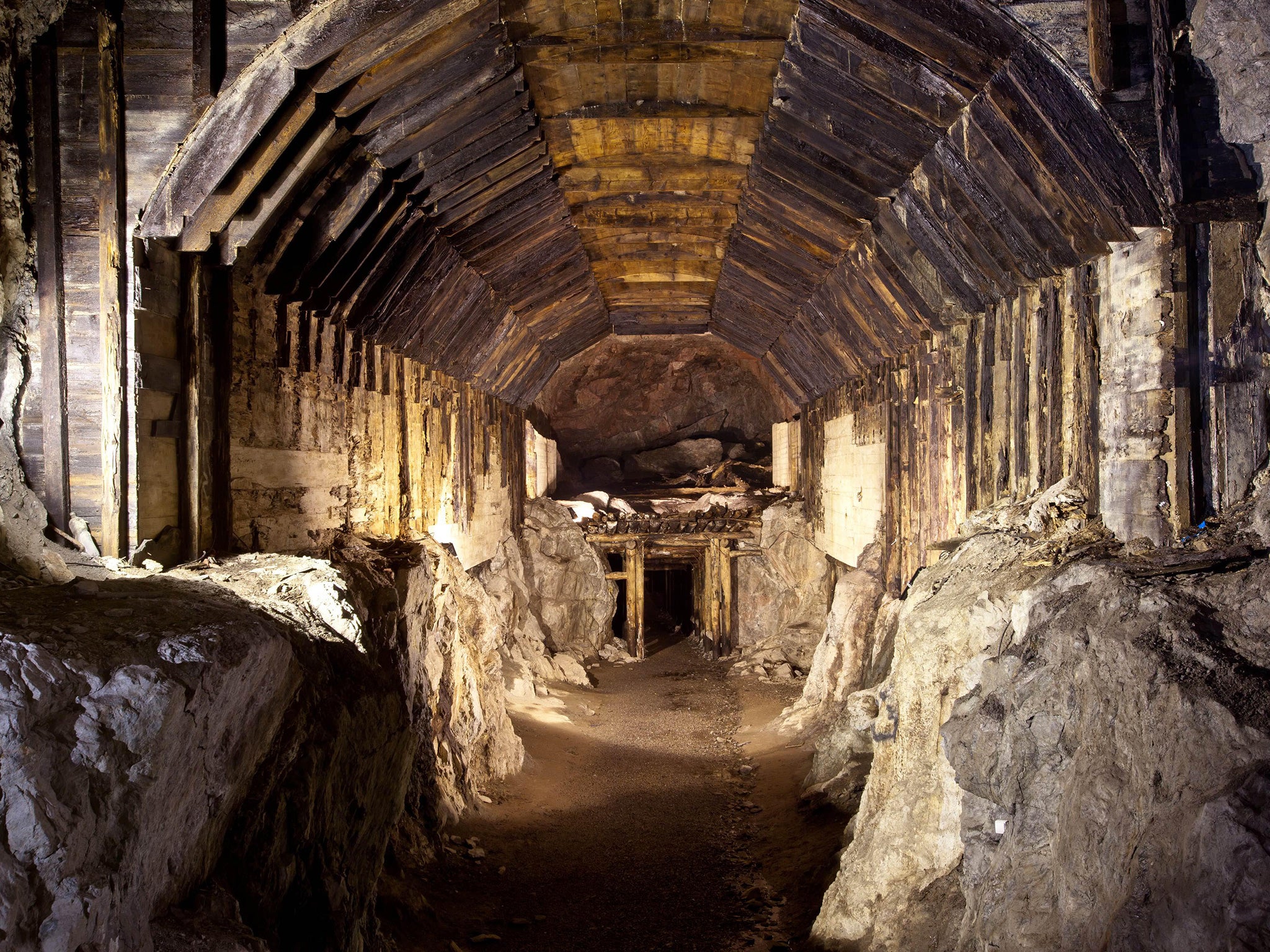'Nazi gold train' hunters to begin excavating site in Poland
The area in which the trains may have disappeared include a Nazi network of secret tunnels

Your support helps us to tell the story
From reproductive rights to climate change to Big Tech, The Independent is on the ground when the story is developing. Whether it's investigating the financials of Elon Musk's pro-Trump PAC or producing our latest documentary, 'The A Word', which shines a light on the American women fighting for reproductive rights, we know how important it is to parse out the facts from the messaging.
At such a critical moment in US history, we need reporters on the ground. Your donation allows us to keep sending journalists to speak to both sides of the story.
The Independent is trusted by Americans across the entire political spectrum. And unlike many other quality news outlets, we choose not to lock Americans out of our reporting and analysis with paywalls. We believe quality journalism should be available to everyone, paid for by those who can afford it.
Your support makes all the difference.The hunt for a possible "Nazi gold train" will begin next week with experts inspecting the suspected site for the first time.
Rumours about two Nazi trains lost since the Second World War have long circulated but never been confirmed.
This summer a pair of local treasure hunters in south-western Poland claimed to have stumbled across a site they insist contains an armoured train coontaining the gold.
Poland's deputy culture minister, Piotr Zuchowski, said in August that he was "more than 99 per cent sure" one train was there after seeing ground-penetrating radar images.
Officials have since cast doubt on the evidence.
As of next week, however, experts will use measuring equipment and detectors to begin a "non-invasive" search of the ground.
"The experts will be able to use different measuring equipment and detectors but are not allowed to touch the ground," Arkadiusz Grudzien, municipal spokesman, told AFP.
"They won't be able to dig, or drill or introduce cameras into the ground. They're only allowed to perform a non-invasive search".
Up to three trains are believed by some historians to have arms, art, gold and archives onboard and to have disappeared near the Czech border as the Soviet army advanced in 1945.
The suspected 18 square mile radius of their disappearance includes a network of underground tunnels dug out by prisoners of war, with some historians believing the Third Reich stashed treasure within them.
Experts going out to explore the area will include the two men, Piotr Koper of Poland and Andreas Richter, a German, who originally said they had found the train.
They claimed in August to have discovered a 98 metre long train carriage buried eight to nine metres underground in a railway tunnel after using ground-penetrating technology to scan the area.
Join our commenting forum
Join thought-provoking conversations, follow other Independent readers and see their replies
Comments